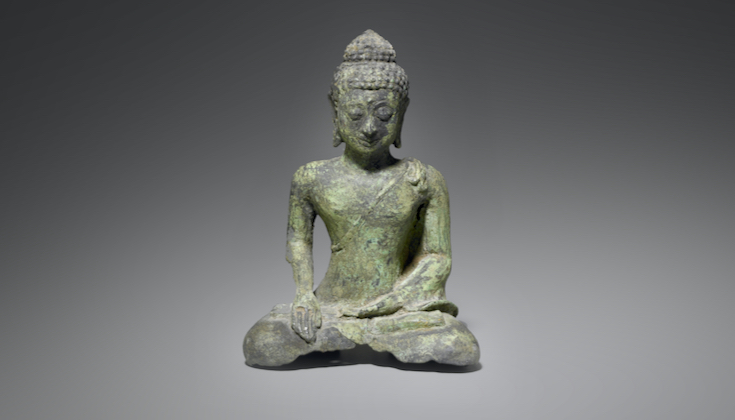Each day, every one of us will undertake ordinary tasks such as brushing our teeth, washing dishes, getting dressed, and walking the dog. Can we bring a fresh and awake mind to these activities? This is the true challenge of beginner’s mind.
—Sensei Deirdre Eisho Peterson and Alex Tzelnic, “(Meta)Physical Education: A Bucking Brontosaurus”
—Sensei Deirdre Eisho Peterson and Alex Tzelnic, “(Meta)Physical Education: A Bucking Brontosaurus”






